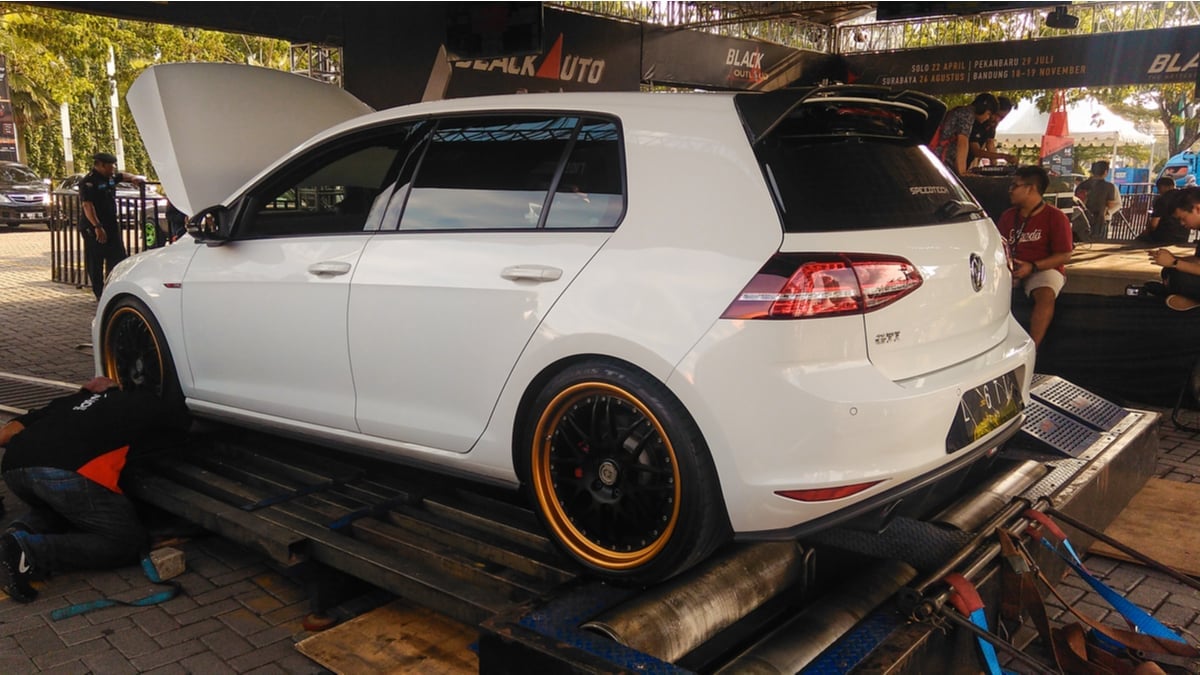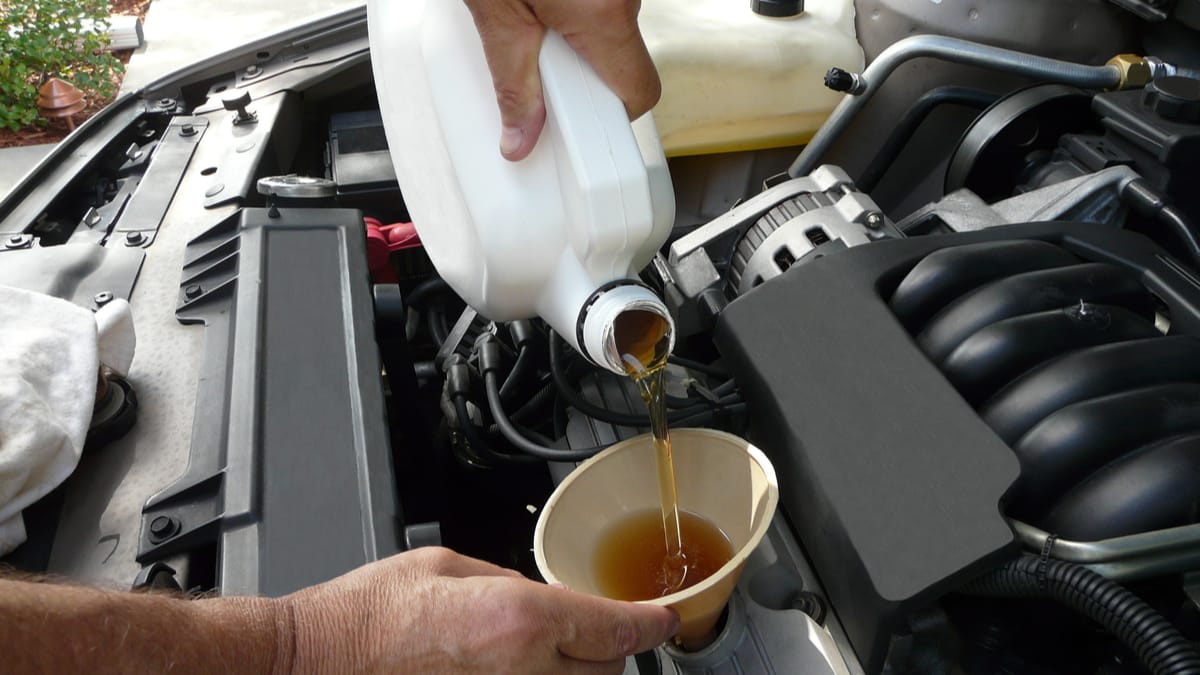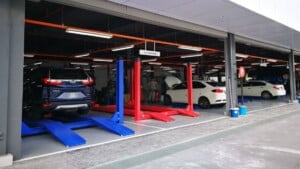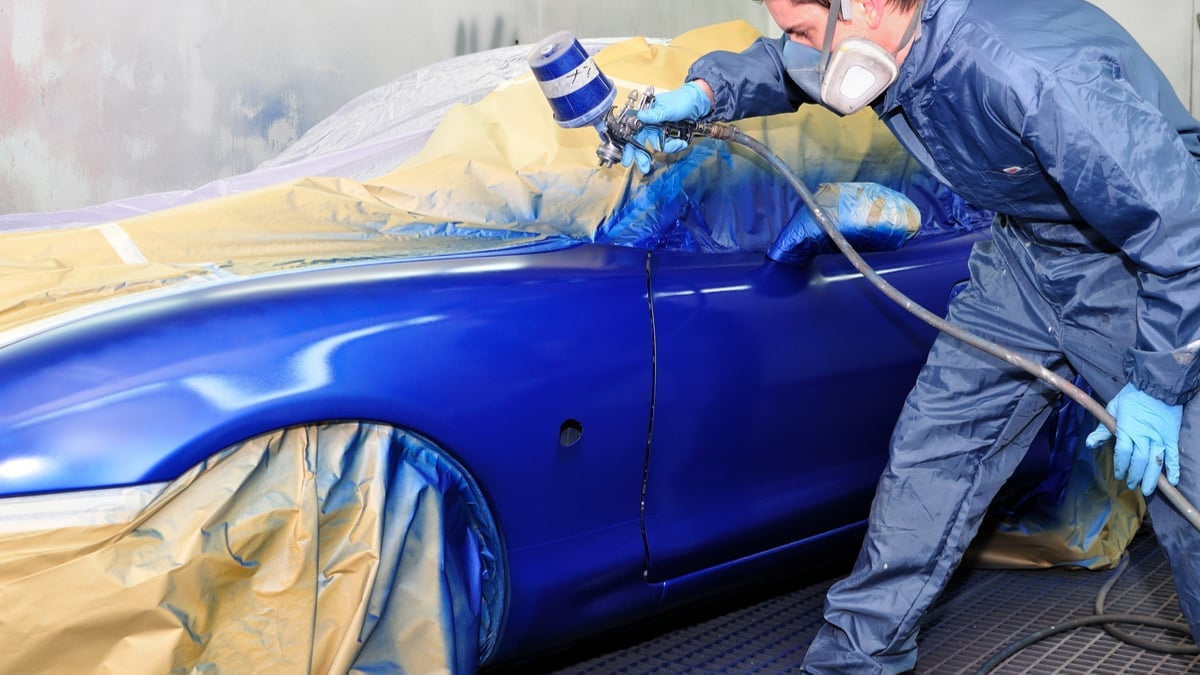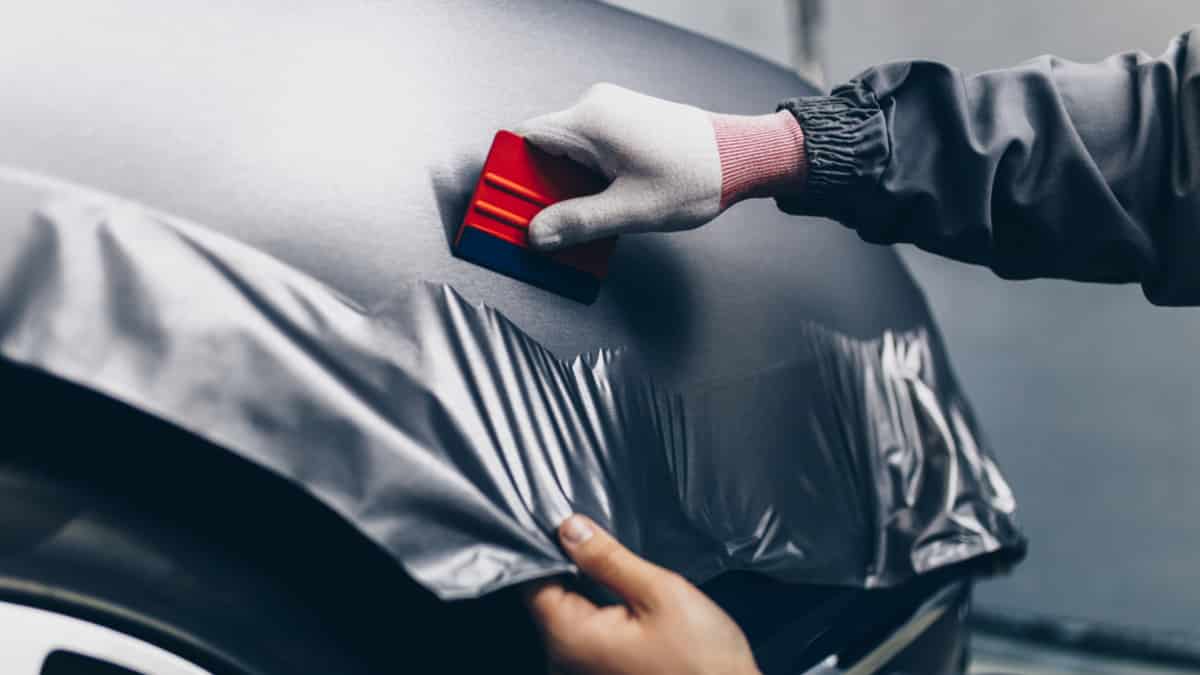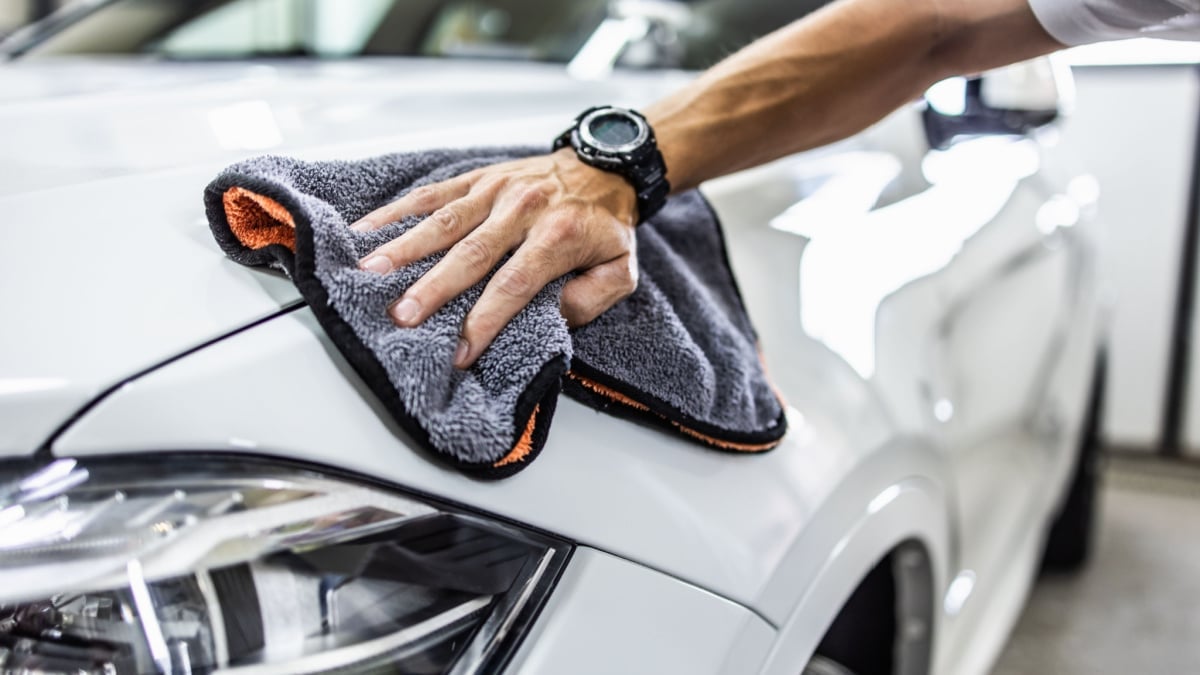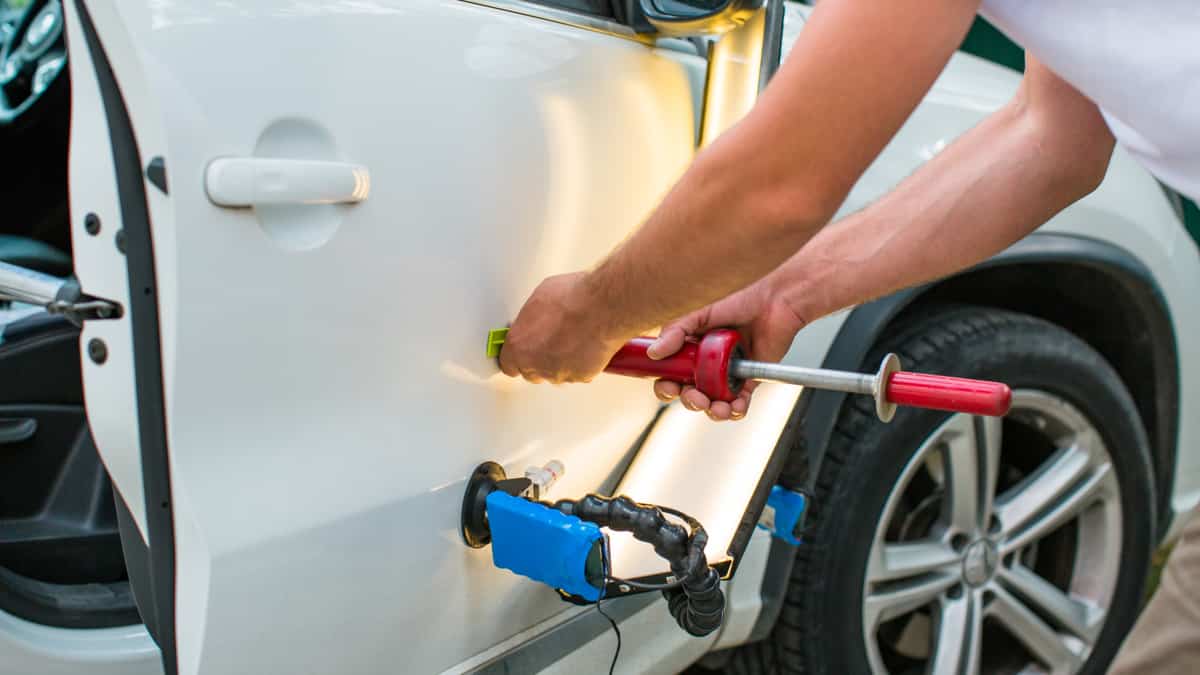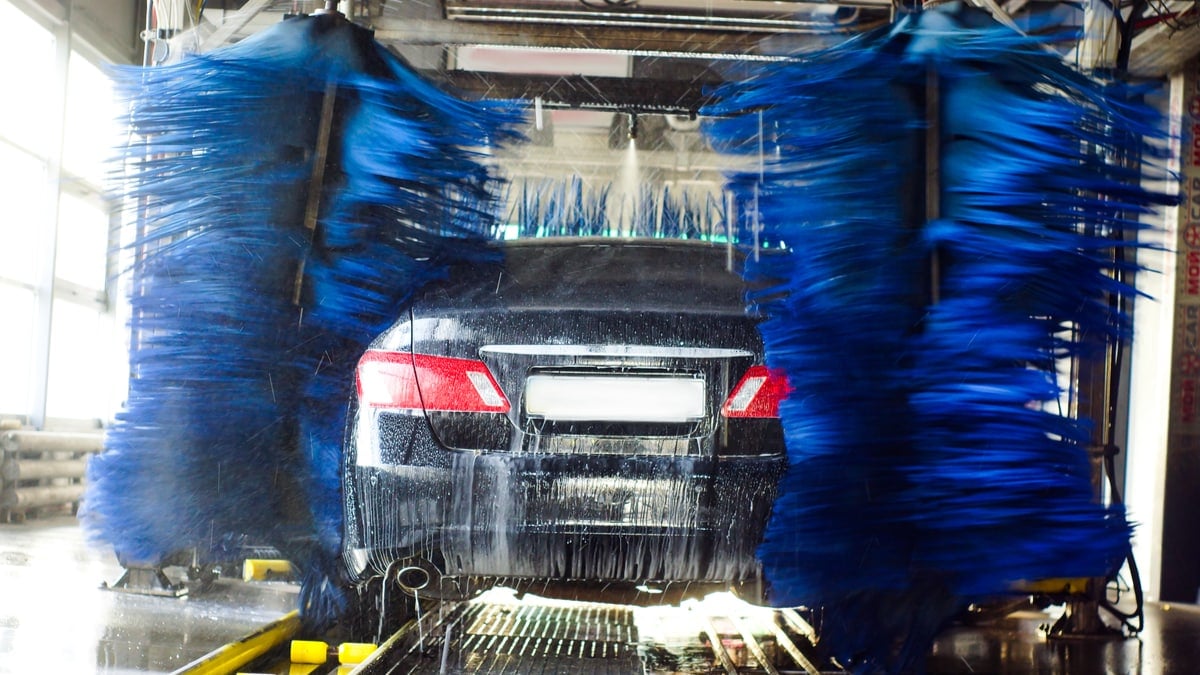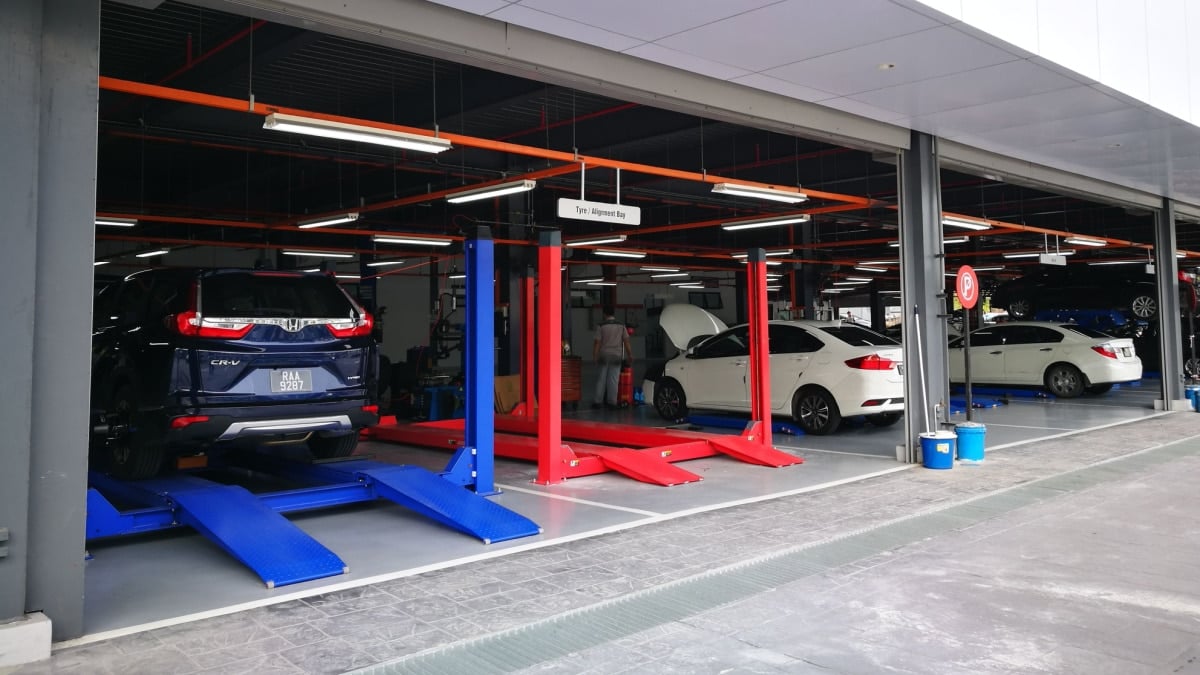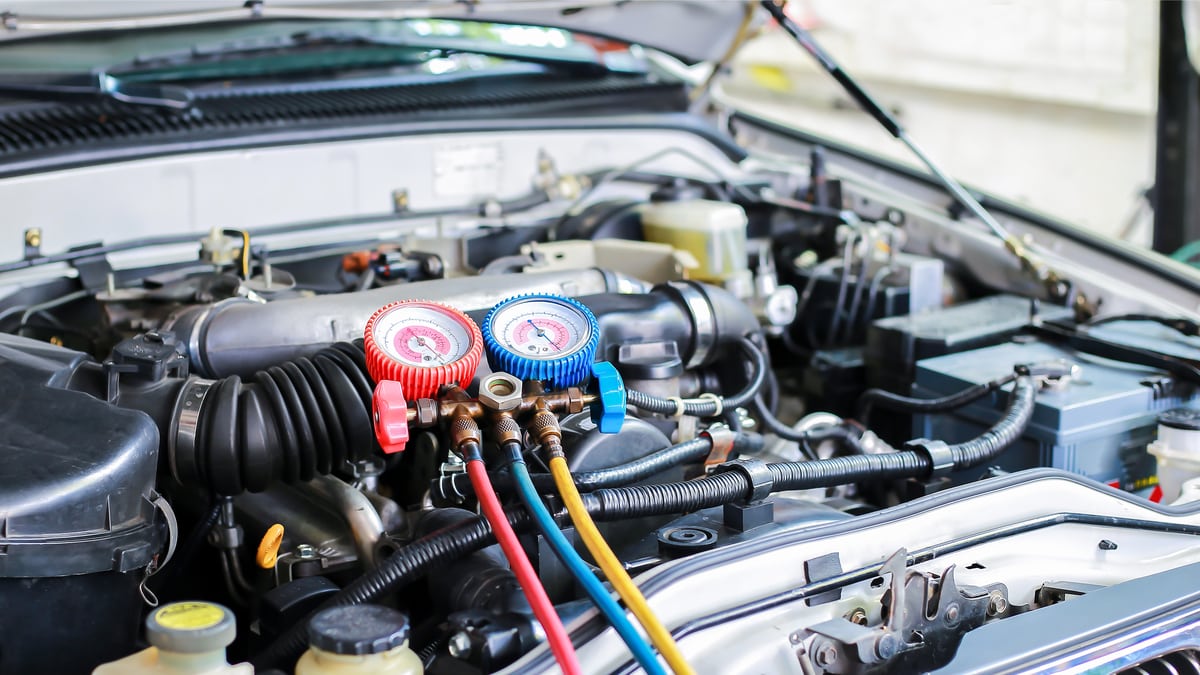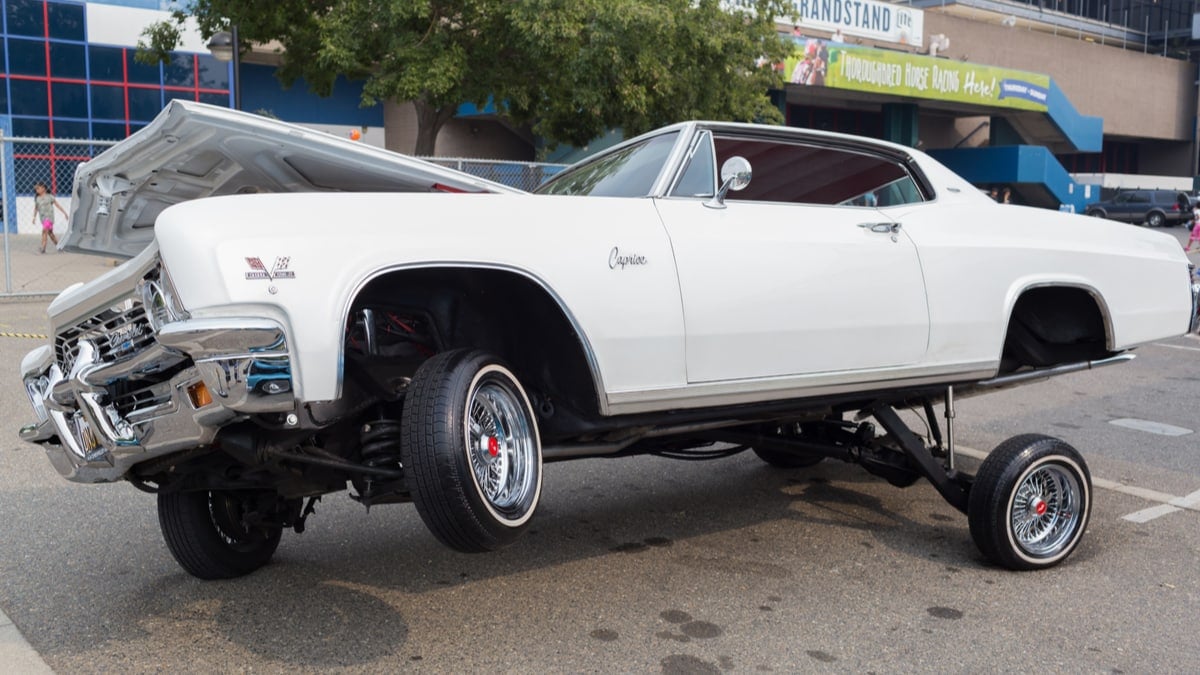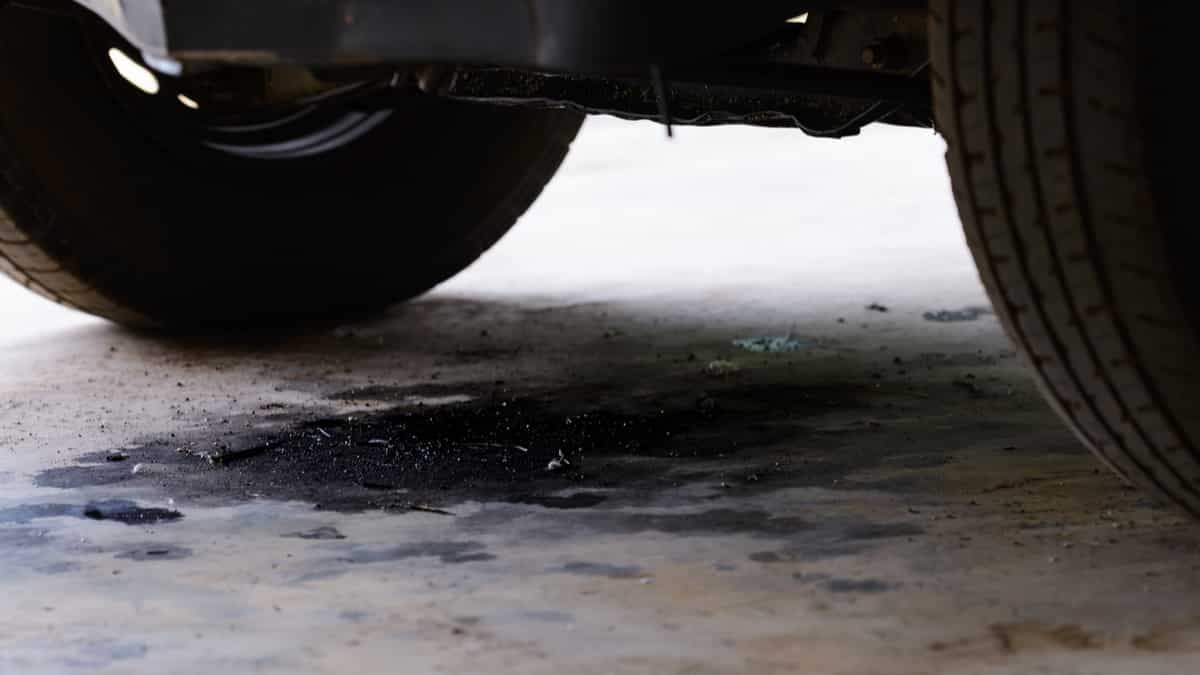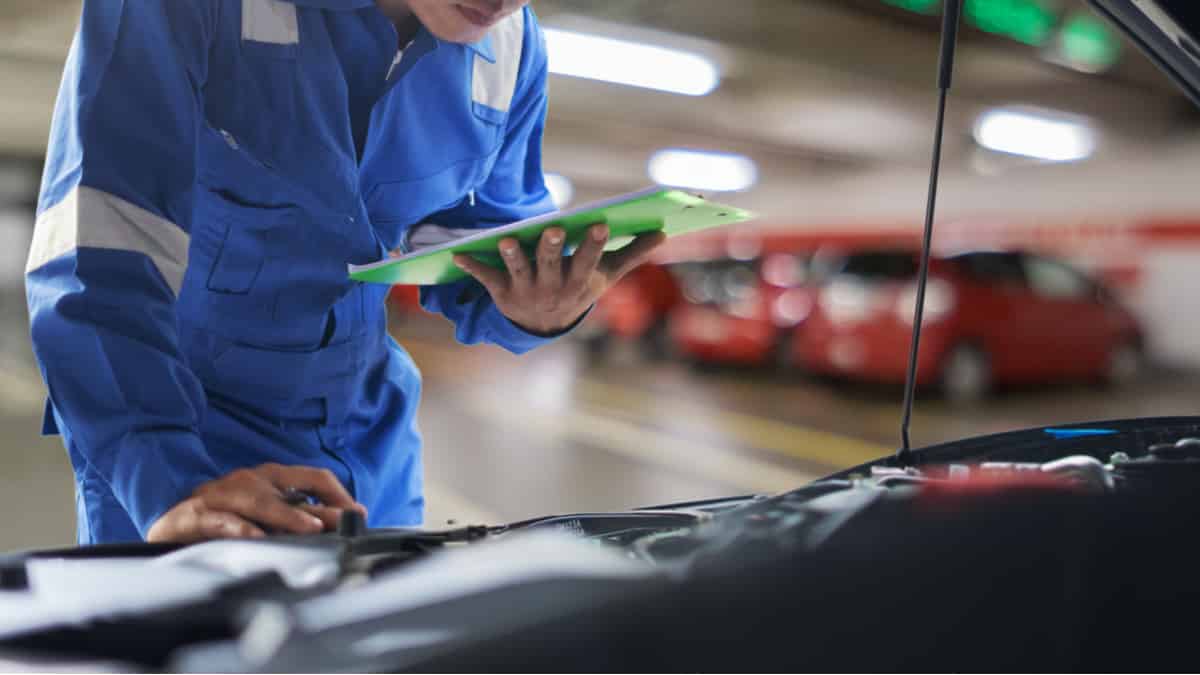If you are looking to get the maximum amount of performance from your car, whether for the street or track, a dyno tune can help. With some tweaks to the ECU, your vehicle can operate like a whole new machine. But how much does a dyno tune cost, and is it worth the expense?
In this guide, we evaluate the average price for a dyno tune. We also explain how to get your money’s worth by being prepared ahead of time.
How Much Does a Dyno Tune Cost?
You can spend anywhere from $150 to $1,200+ to complete the dyno tune, depending on what you are looking for and what type of car you drive. Another factor with the price is which tuner you take your car to, or if you prefer to do it yourself with a laptop.
To put your car on a dyno machine, you won’t spend less than about $150. From there, most shops charge by the hour. However, you can also rent the machine for half a day or a full day, depending on what you are trying to accomplish.
The most expensive options include standalone ECU tuning, which consists of a full setup of the computer, dyno testing, and street tuning. Carburetor tuning can also be an expensive cost, because the technician must set the timing curve, idle circuit, pump shot and jetting.
On the other end of the spectrum, it’s also possible to dyno tune a bike. However, the motorcycle tuning has a different price schedule than when you are working with a car.
What is a Dyno Tune?
The dynamometer, otherwise known as the dyno, helps to tune your vehicle and measure aspects such as the air-fuel mixture, torque and horsepower. Changes can be made, so you can see how each affects these parameters.
There are two types of car dynamometers, the most used is the engine dyno, but there’s also a chassis dyno. The engine run dyno measures all of the engine specs, while the chassis dyno ensures that all of the power generated from the wheels gets tested.
Benefits of Dyno Tuning
1. Measure Performance
Many people just assume they know how their car is performing. Whether you are looking at factory specs or you are just going by the feel of the vehicle, you really don’t know what your car is working at.
By dyno testing, you see all of the figures clearly. This benchmark gives you something to work with, especially if you make adjustments in the future.
RELATED: How to Increase Car Engine’s Horsepower & Torque? (8 Steps)
2. Gauge Before Upgrades
You want to know where the HP and torque stand before you add pricey upgrades. Once you’ve installed the parts, you can test again to see the difference that was made.
Additionally, you can tweak some of the adjustments to get the most out of these modifications. You can always set the vehicle back to its original settings if you prefer.
3. Enhance Performance
When you dyno tune, you can make settings to optimize how the ECU works. Simply adjusting how much fuel or air is pumped into the engine can have a profound difference in the horsepower and torque the vehicle pushes out.
With dyno tuning, you can also increase the drivability of the vehicle after modifications and minimize the chance of backfiring. Plus, you can customize it to provide faster or stronger acceleration, which is helpful if you are heading to the track. You are actually also able to improve the exhaust emissions in many cases.
4. Prevents Repairs
There’s the possibility of preventing repairs if the engine is calibrated properly. When the engine is running at optimal levels, there will be less that will go wrong.
Without needing extra effort to accomplish the same level of performance, the engine shouldn’t need as many repairs. Of course, maintenance is still important, so you don’t want to skip any of your regularly scheduled tasks.
How to Prepare: Dyno Tune Checklist
1. Belts/Hoses
As you prepare the engine for dyno tuning, start by taking a peek at the condition of your belts and hoses. If there’s anything worn or damaged, you want to replace it now.
Dyno tuning pushes every system to the limits, so a weak belt or hose could break in the process. The last thing you want to do during this expensive session is deal with a burst hose or broken-down belt.
2. Spark Plugs
If your spark plugs aren’t new, you are missing out on valuable performance. You want high-quality plugs in place, and they should be gapped correctly.
While you perform this tune-up, it makes sense to also look at the oil, fuel and air filters as well. You want to give your engine the best chance to shine during testing.
3. Tires
The tires are an often overlooked aspect of the dyno tuning, because most people are only thinking about the engine. However, the tires are the part of the car coming in contact with the rollers to achieve readings.
If your tires are worn, the traction won’t be good and your results could be skewed. You don’t want to pop a tire during dyno testing. There is also the hub dyno machine variant, and in these dynos, the wheels are removed. If that is the case with your car, you can skip this step.
4. Fluids
You may not think that the fluids running through the engine can affect dyno tuning, but they can. It’s best to have fresh fluids in the system before you go for the appointment.
You also want to check for any leaks and fix them before you go in. Additionally, make sure you have fuel in the tank, because this is no time to run out.
5. Equipment
While the dyno machine is at the shop, there are still tools and equipment you can take with you for the appointment to make things easier. For starters, it’s wise to bring some spare parts with you. It’s helpful to have another belt, ignition coil and spark plugs with you, just in case.
You should also write down what you are hoping to achieve. If there are particular settings or adjustments you want to make, know that ahead of time to save the dyno operator some hassle. If you are hoping to run a few variables, you need to have all of the equipment with you for a fast change.
RELATED: Why Do Tuned Cars Have Very Inclined Wheels?
Is A Dyno Tune Worth the Cost?
The dyno tune is going to optimize the performance of your vehicle. For this reason, it’s a great choice if you need more acceleration or are looking to tune your car for the track. You can tweak and boost horsepower, torque and fuel efficiency to whatever parameters the car is capable of.
On the other hand, not everyone needs this extra power. For the cost, it doesn’t make sense to dyno tune a daily commuter, especially if it’s a stock car and isn’t high-performance to begin with. There’s no reason to spend more money to get a few extra horsepowers out of your low-dollar Chevy sedan. I only recommend dyno tuning if you are investing money in aftermarket performance parts on a turbo car to make your performance vehicle better.
Even then, consider how much you are willing to spend for the dyno tuning sessions and stick to an appropriate budget. Otherwise, you could find yourself spending far more than you bargained for.
Categories: Estimator
